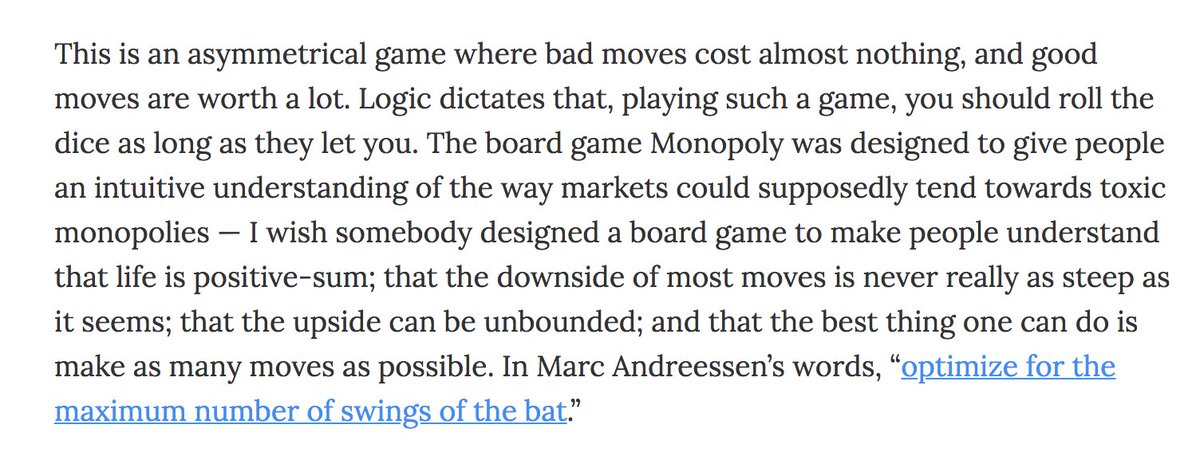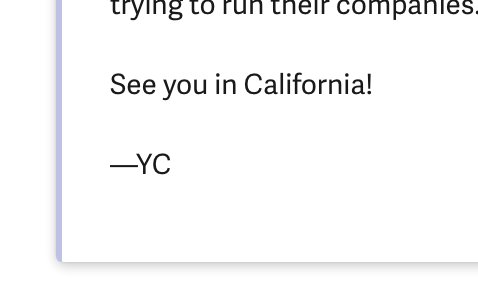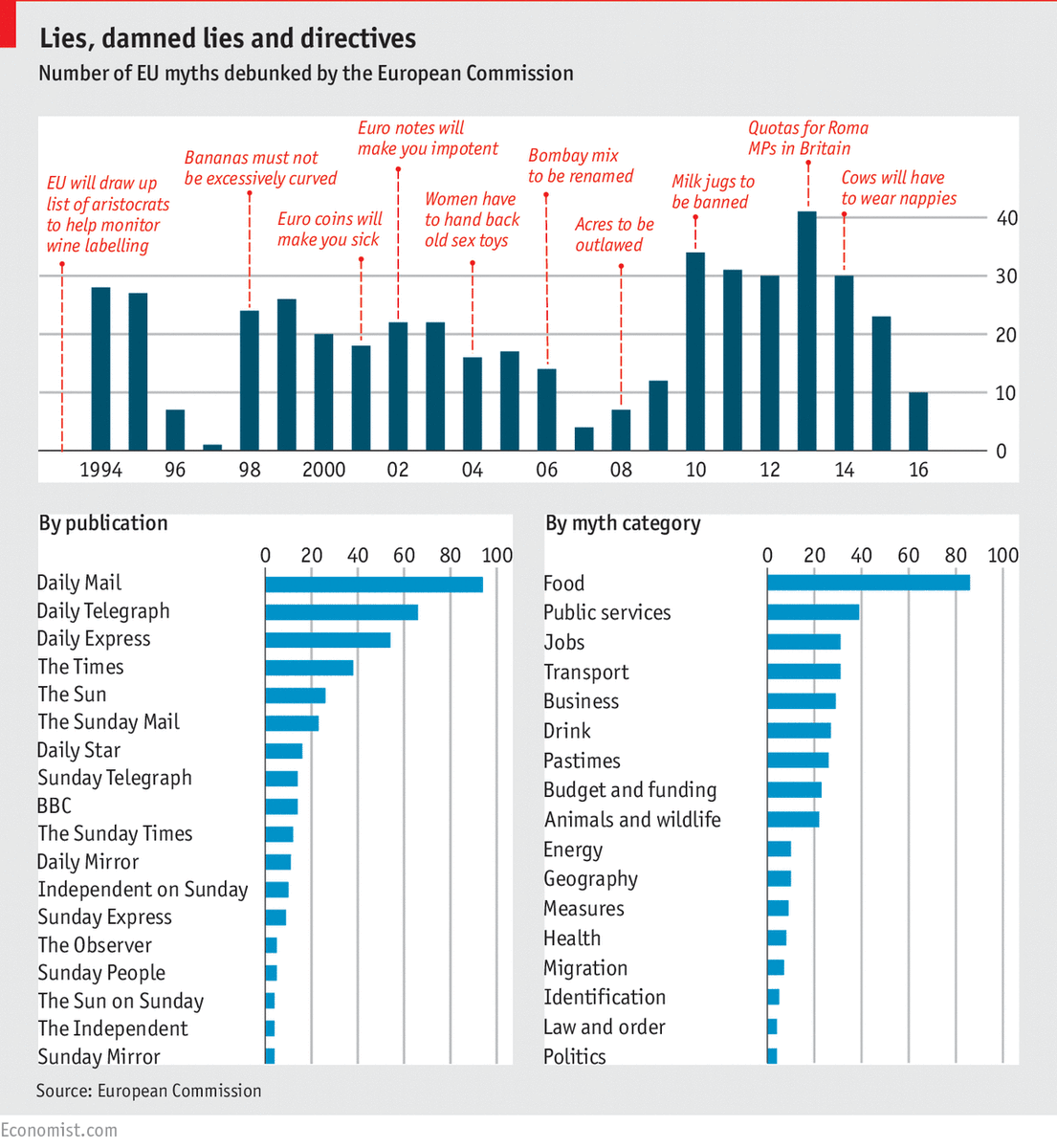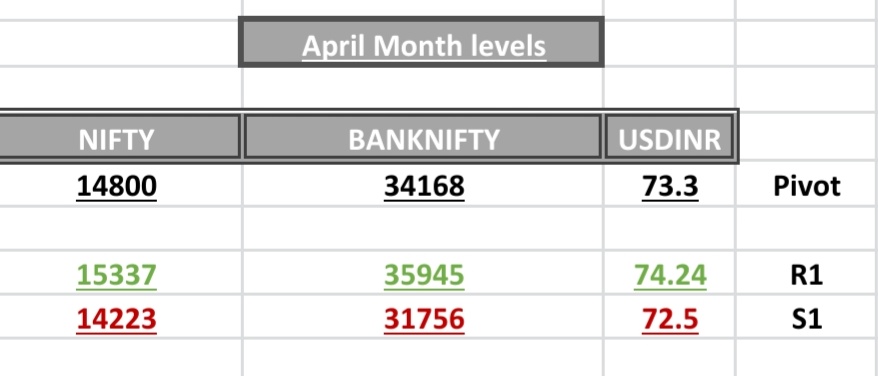This amounts to a 25% value reduction for the EU gradually over this period
Ok, here's my first bash at how I think UK-EU fisheries will be managed in future now we have the agreement
It’s quite complicated in parts, so would appreciate any corrections…
@StevePeers @BD_Stew @AntonSpisak (& others)
This amounts to a 25% value reduction for the EU gradually over this period
By 31 Jan, a schedule must be agreed for talks, culminating in final agreement by 10 December (this fits in with the internal EU fisheries negotiation)
I.e. it continues the status quo but prevents a fish grab in the provisional period
Further provisional access can be negotiated thereafter if there's still no overall agreement
This basically has three levels:
1) reduction of fishing access and tariffs on fish
2) tariffs on other goods
3) suspension of other parts of the trade and economic partnership
In other words, they don’t have to apply 1) and 2) first
i.e. one side could warn the other that provisional access would not continue in 2 weeks' time, but retaliation couldn’t apply until then
If it’s yes and yes, then fine; if it’s no to either, they must be removed or changed
However, doing so would also automatically terminate the trade, aviation and road transport sections (a high price!)
i.e. if UK terminated in May 2021, EU fishing rights would continue until the end of December 2022
More from Brexit
A further thread on the EU/UK musicians/visa for paid work issue (the issue is paid work: travelling to sing or play at eg a charity event for free can be done without a visa).
The position that we now have now (no relevant provisions under the TCA) is complicated. For EU musicians visiting the UK see
In essence the UK permits foreign (including EU) nationals to stay up to 30 days to carry out paid engagements, but they must (a) prove they are a professional musician and (b) be invited by an established UK business.
Either condition could be tricky for a young musician starting out and wanting to play gigs. And 30 days isn’t long enough for a part in a show with a run.
Longer stays require a T5 visa - which generally requires you to be in a shortage occupation (play an instrument not played in the UK?) or to have an established international reputation.
Disgraceful and shabby if true: not only ideologically blinkered, but ashamed to admit its ideological blinkers and their consequences. https://t.co/7PgOEogTlA
— George Peretz QC (@GeorgePeretzQC) January 9, 2021
The position that we now have now (no relevant provisions under the TCA) is complicated. For EU musicians visiting the UK see
See here a summary of what is permitted from U.K. POV. https://t.co/HkdRlubySr
— Luke Piper (@Pipermigration) January 10, 2021
In essence the UK permits foreign (including EU) nationals to stay up to 30 days to carry out paid engagements, but they must (a) prove they are a professional musician and (b) be invited by an established UK business.
Either condition could be tricky for a young musician starting out and wanting to play gigs. And 30 days isn’t long enough for a part in a show with a run.
Longer stays require a T5 visa - which generally requires you to be in a shortage occupation (play an instrument not played in the UK?) or to have an established international reputation.
You May Also Like
1/ 👋 Excited to share what we’ve been building at https://t.co/GOQJ7LjQ2t + we are going to tweetstorm our progress every week!
Week 1 highlights: getting shortlisted for YC W2019🤞, acquiring a premium domain💰, meeting Substack's @hamishmckenzie and Stripe CEO @patrickc 🤩
2/ So what is Brew?
brew / bru : / to make (beer, coffee etc.) / verb: begin to develop 🌱
A place for you to enjoy premium content while supporting your favorite creators. Sort of like a ‘Consumer-facing Patreon’ cc @jackconte
(we’re still working on the pitch)
3/ So, why be so transparent? Two words: launch strategy.
jk 😅 a) I loooove doing something consistently for a long period of time b) limited downside and infinite upside (feedback, accountability, reach).
cc @altimor, @pmarca

4/ https://t.co/GOQJ7LjQ2t domain 🍻
It started with a cold email. Guess what? He was using BuyMeACoffee on his blog, and was excited to hear about what we're building next. Within 2w, we signed the deal at @Escrowcom's SF office. You’re a pleasure to work with @MichaelCyger!
5/ @ycombinator's invite for the in-person interview arrived that evening. Quite a day!
Thanks @patio11 for the thoughtful feedback on our YC application, and @gabhubert for your directions on positioning the product — set the tone for our pitch!

Week 1 highlights: getting shortlisted for YC W2019🤞, acquiring a premium domain💰, meeting Substack's @hamishmckenzie and Stripe CEO @patrickc 🤩
2/ So what is Brew?
brew / bru : / to make (beer, coffee etc.) / verb: begin to develop 🌱
A place for you to enjoy premium content while supporting your favorite creators. Sort of like a ‘Consumer-facing Patreon’ cc @jackconte
(we’re still working on the pitch)
3/ So, why be so transparent? Two words: launch strategy.
jk 😅 a) I loooove doing something consistently for a long period of time b) limited downside and infinite upside (feedback, accountability, reach).
cc @altimor, @pmarca

4/ https://t.co/GOQJ7LjQ2t domain 🍻
It started with a cold email. Guess what? He was using BuyMeACoffee on his blog, and was excited to hear about what we're building next. Within 2w, we signed the deal at @Escrowcom's SF office. You’re a pleasure to work with @MichaelCyger!
5/ @ycombinator's invite for the in-person interview arrived that evening. Quite a day!
Thanks @patio11 for the thoughtful feedback on our YC application, and @gabhubert for your directions on positioning the product — set the tone for our pitch!













